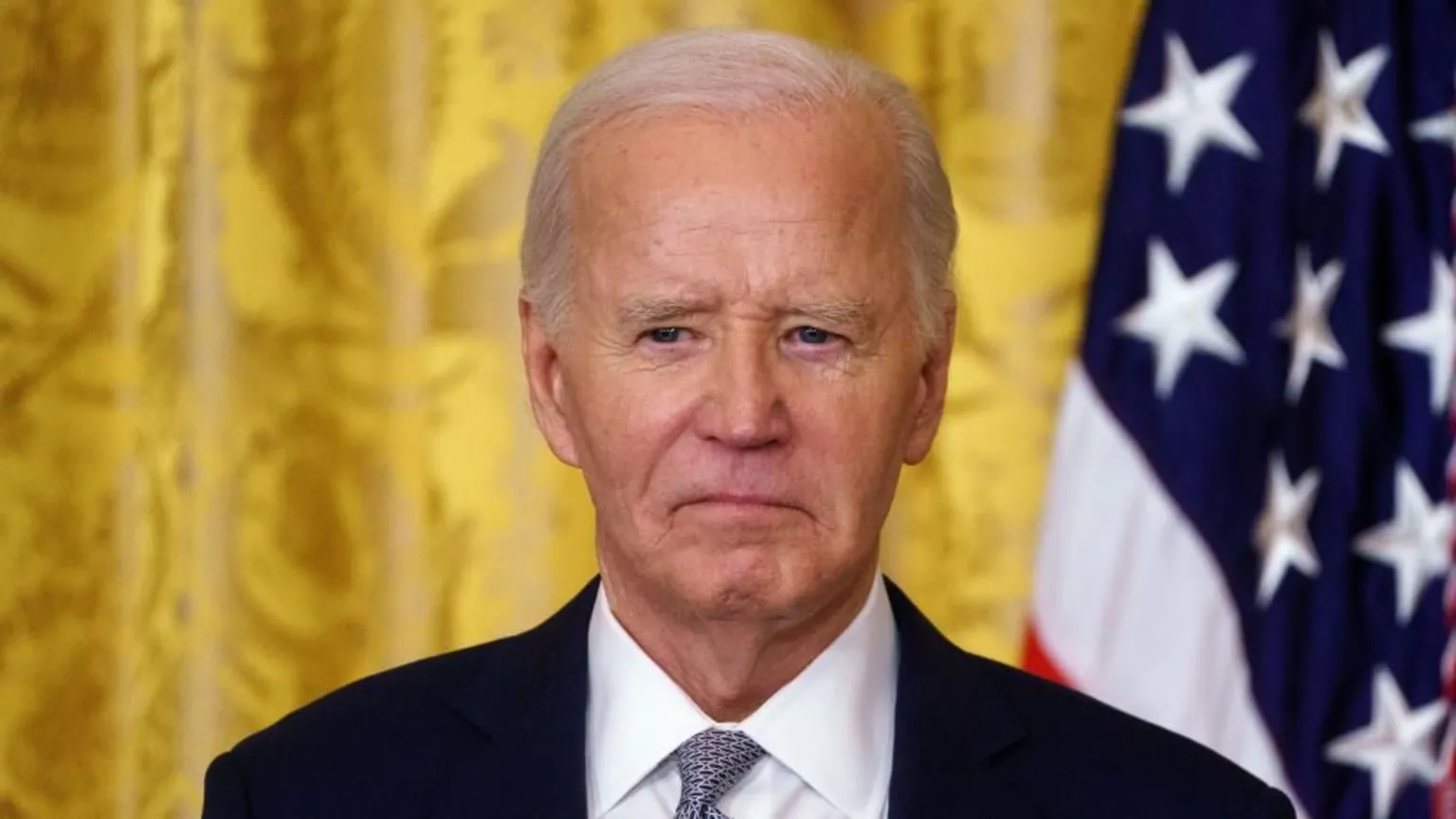The United States Department of State has informed Congress of an $8 billion arms sale to Israel, just weeks before President Joe Biden’s term concludes. The deal, requiring approval from both House and Senate committees, includes a significant consignment of missiles, artillery shells, and other munitions.
Details of the Arms Shipment
The proposed shipment encompasses air-to-air missiles, Hellfire missiles, bombs, and artillery shells. This follows a $20 billion arms sale to Israel in August 2024, reflecting the ongoing strategic military partnership between the two nations.
A U.S. official emphasized the rationale behind the deal, stating:
“The president has made clear Israel has a right to defend its citizens, consistent with international law and international humanitarian law, and to deter aggression from Iran and its proxy organizations. We will continue to provide the capabilities necessary for Israel’s defense.”
The Biden administration has consistently described U.S. support for Israel as “iron-clad,” aligning with its long-standing policy of military aid to the country.
Timing and Political Implications
The arms sale comes at a pivotal moment, as Biden prepares to leave office on January 20, 2025, making this likely the last major weapons shipment under his administration. President-elect Donald Trump, known for his strong pro-Israel stance, has advocated for a swift conclusion to Israel’s military operation in Gaza and has pledged continued support.
The planned shipment is seen as a legacy move by Biden, reinforcing U.S.-Israel ties amid criticism and controversy surrounding civilian casualties in Gaza.
International and Domestic Backlash
The proposed arms sale coincides with calls for the U.S. to suspend military aid to Israel due to the high number of civilian casualties during its ongoing military campaign in Gaza. Since the conflict began in October 2023, more than 45,580 people have reportedly been killed in Gaza, according to the Hamas-run health ministry.
In May 2024, the Biden administration temporarily paused a shipment of 2,000-pound and 500-pound bombs, citing concerns over Israel’s planned ground operation in Rafah. This pause faced strong backlash from Republicans and Israeli Prime Minister Benjamin Netanyahu, who likened it to an “arms embargo.” The suspension was partially lifted, signaling the administration’s delicate balancing act.
Strategic Partnership
The U.S. remains Israel’s largest arms supplier, accounting for 69% of Israel’s major conventional arms imports between 2019 and 2023, per the Stockholm International Peace Research Institute (SIPRI). The advanced technology and resources provided by the U.S. have been instrumental in building Israel’s military capabilities.
Conflict Context
Israel’s military operations escalated following the October 7, 2023, attack by Hamas, which resulted in 1,200 deaths and 251 hostages. Israel’s response aims to dismantle Hamas, with extensive airstrikes and ground campaigns. The ongoing conflict has drawn sharp international criticism for the scale of destruction and civilian loss in Gaza.
Future Outlook
As Biden’s tenure nears its end, the arms sale underscores his administration’s commitment to Israel’s security. However, it also amplifies the debate over U.S. involvement in foreign conflicts and the humanitarian impact of military support. Trump’s upcoming presidency could further shape the trajectory of U.S.-Israel relations and its role in the Gaza conflict.






